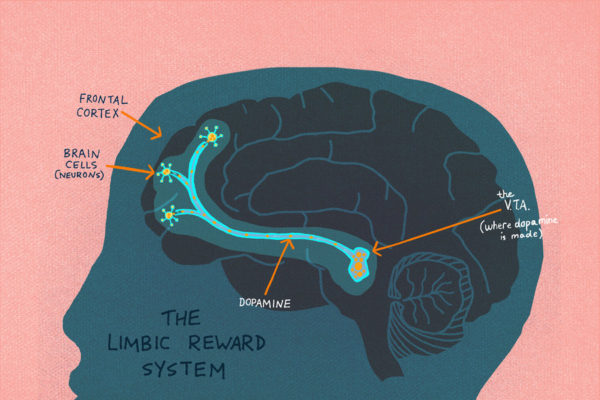Opioids Versus Your Brain
Frequent use of opioids causes long-lasting changes to the structure and biochemistry of the brain. Many of these changes are the reason why opioids are so addictive. In particular, opioids target what is called the “reward pathway.” Our brains are hardwired to reward activities that are beneficial, such as drinking water or eating, with feelings …






